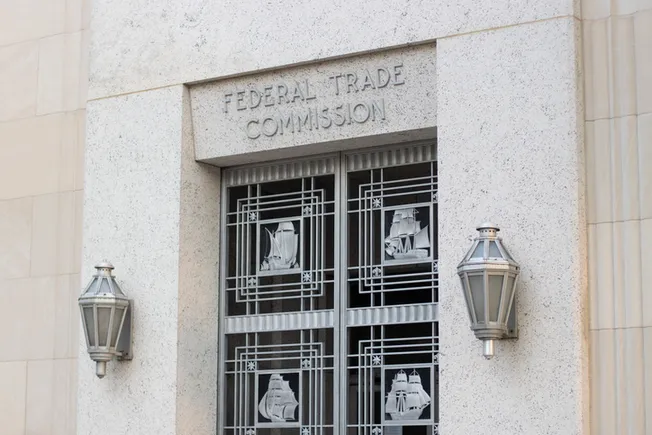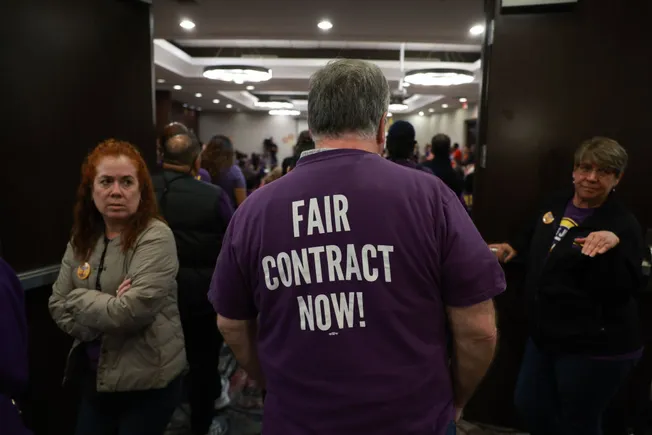Dive Brief:
- The U.S. Supreme Court on Wednesday rejected arguments that employers should have to meet a heightened standard to show that workers aren’t entitled to certain overtime protections.
- In a unanimous vote, the justices ruled in E.M.D. Sales, Inc. v. Carrera that employers need only to show that workers are more likely than not exempt from these overtime protections under the Fair Labor Standards Act.
- In his opinion, Justice Brett Kavanaugh said the usual standard of proof in civil litigation is “preponderance of the evidence.” A more demanding standard, “such as clear and convincing evidence, applies only when a statute or the Constitution requires a heightened standard or in certain other rare cases,” Kavanaugh wrote.
Dive Insight:
The ruling is a “win” for businesses, partners at law firm Fisher Phillips wrote Wednesday.
The “unanimous decision sets a consistent national standard under the Fair Labor Standards Act (FLSA) and will reduce litigation risks by making it easier to show that employees are properly classified,” the partners wrote.
In his opinion, Kavanaugh said the public interest in FLSA cases “does not fall entirely on the side of employees. Most legislation reflects a balance of competing interests. So it is here. Rather than choose sides in a policy debate, this Court must apply the statute as written and as informed by the longstanding default rule regarding the standard of proof.”
The justices’ reactions during oral arguments had suggested a belief among them that a higher standard of proof was not needed in the case of the FLSA. At the time, an attorney told HR Dive that if the higher “clear and convincing” evidentiary standard was upheld in the future, more cases related to overtime exemption would be settled or tried earlier on in the process.






Leave a Reply